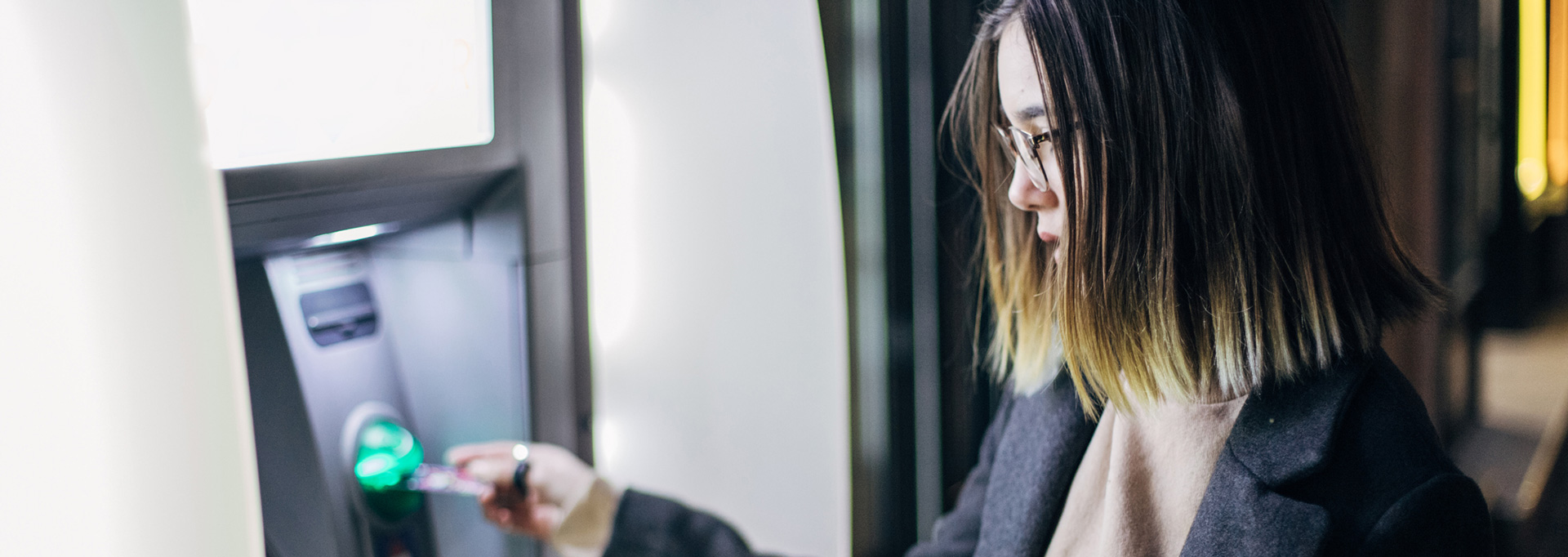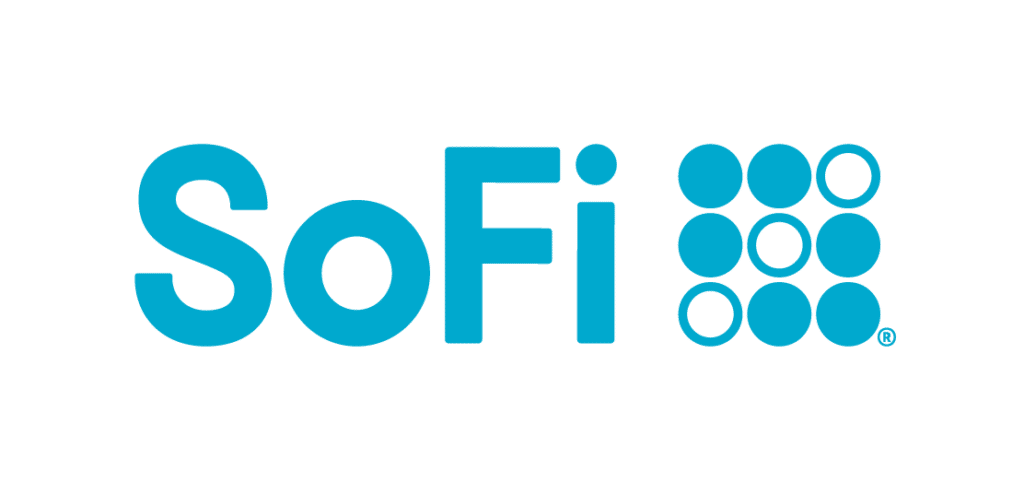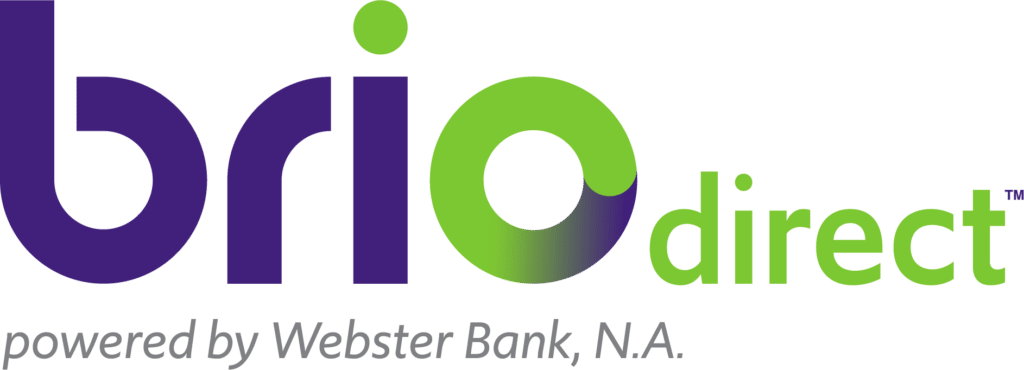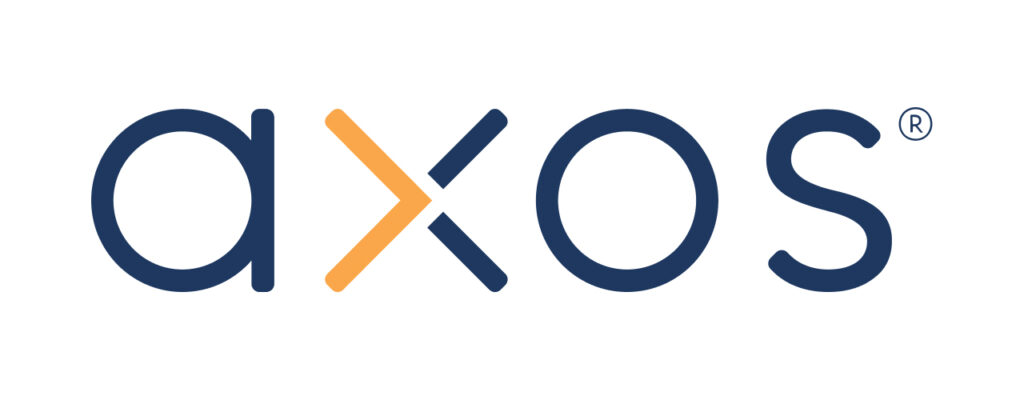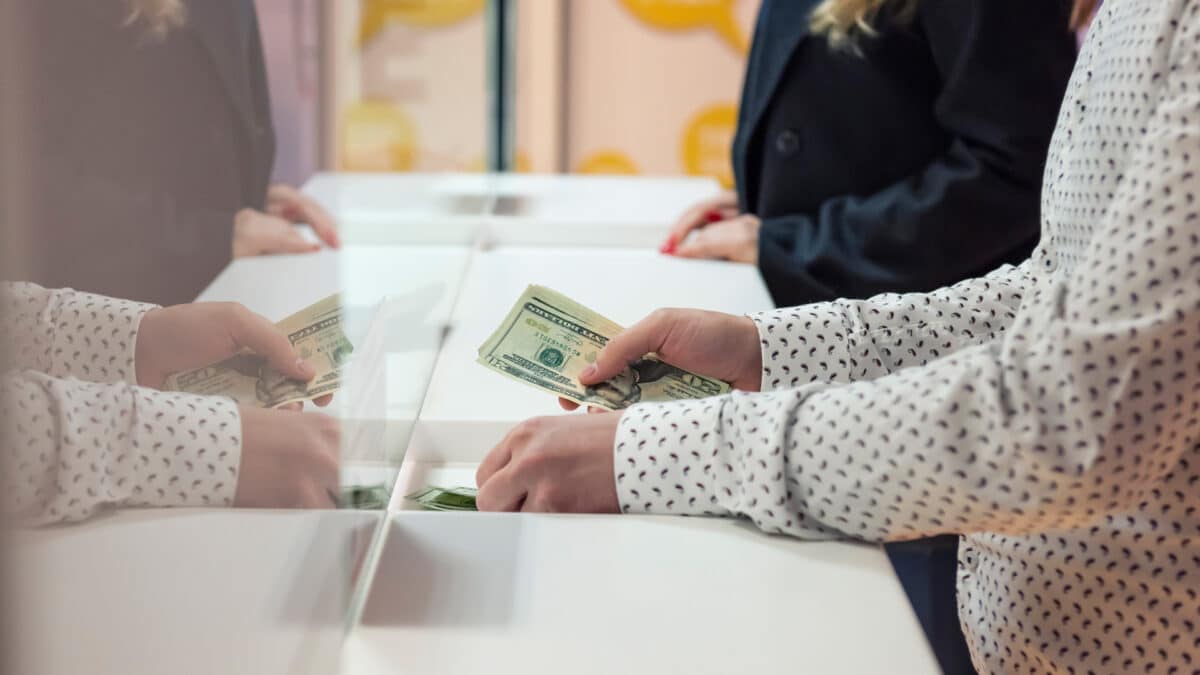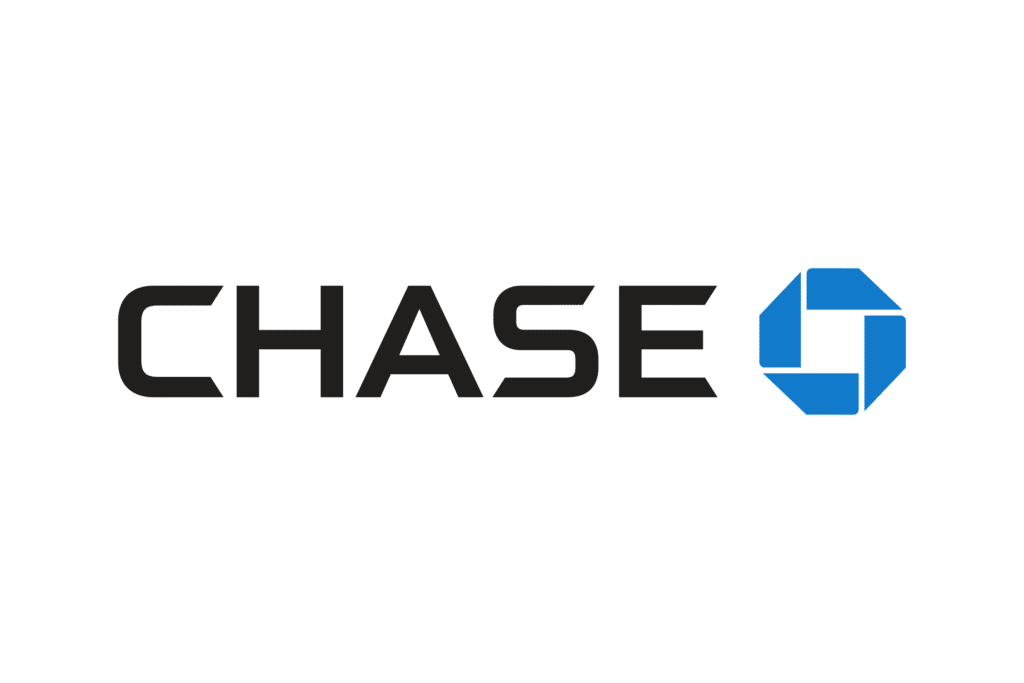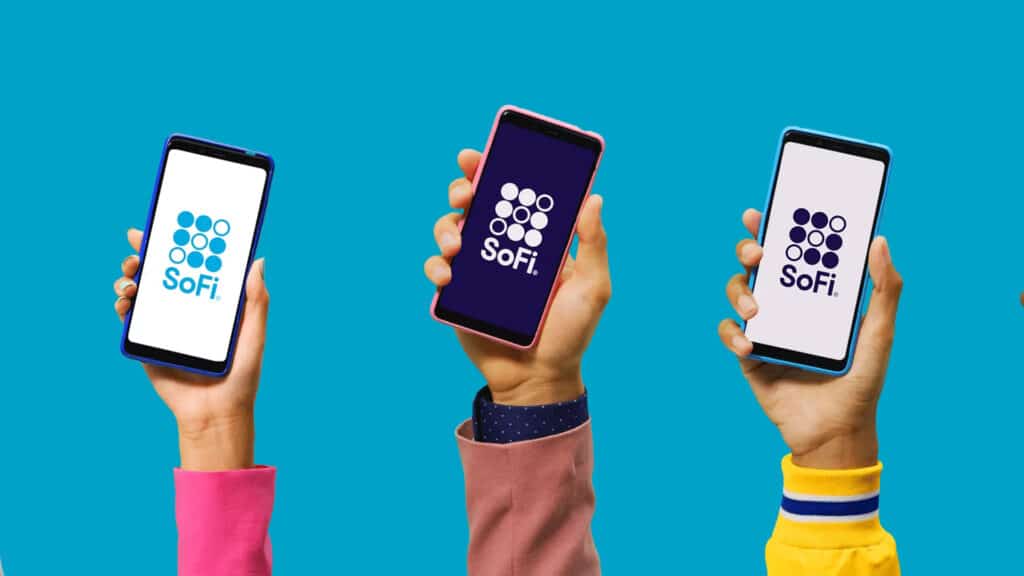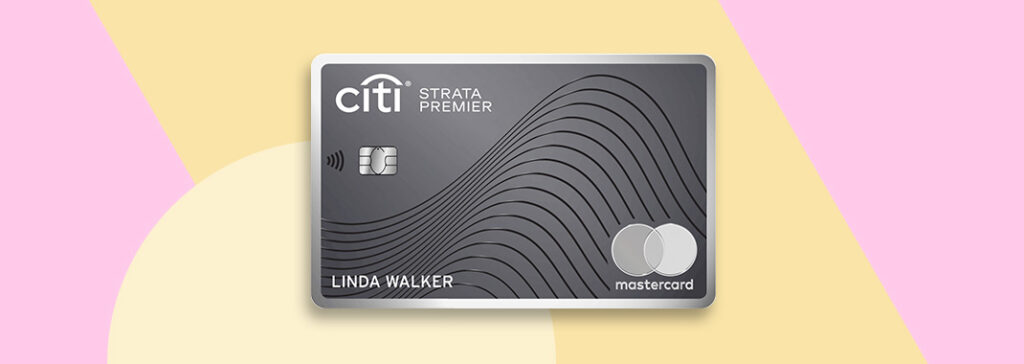Most products on this page are from partners who may compensate us. This may influence which products we write about and where and how they appear on the page. However, opinions expressed here are the author's alone, not those of any bank, credit card issuer, airline or hotel chain. Non-Monetized. The information related to Chase credit cards was collected by Slickdeals and has not been reviewed or provided by the issuer of these products. Product details may vary. Please see issuer website for current information. Slickdeals does not receive commission for these products/cards.
Most people spend a significant amount of time thinking about their finances. A recent study found that Americans worry about money an average of
Depending
Banking is an area where financial slip-ups can often go overlooked. Read on to discover four common banking mistakes you might be making in your life. You’ll also find some expert tips on ways to save money (and perhaps earn some extra cash) at a financial institution.
Mistake #1: Only Opening a Checking Account
A
However, many checking accounts are l
According to the Federal Deposit Insurance Corporation (FDIC), the average annual percentage yield (APY) for interest checking accounts as of January 16, 2024, was a low 0.07
As you can see, opening a separate savings account or money market account could be an easy way to earn more money on your savings. Plus, by putting your extra cash in a separate deposit account, you might remove some of the
If you're in the market for new accounts, you may want to consider SoFi Checking and Savings. This account offers competitive rates for both checking and savings balances, as well as a valuable bonus.
SoFi® Checking and Savings
- Our Rating 5/5 How our ratings work
- APY0.50% - 3.30%
SoFi members with Eligible Direct Deposit can earn 3.30% annual percentage yield (APY) on savings balances (including Vaults) and 0.50% APY on checking balances. There is no minimum Eligible Direct Deposit amount required to qualify for the 3.30% APY for savings (including Vaults). Members without Eligible Direct Deposit will earn 1.00% APY on savings balances (including Vaults) and 0.50% APY on checking balances. Interest rates are variable and subject to change at any time. These rates are current as of 12/23/25. There is no minimum balance requirement. Fees may reduce earnings. Additional information can be found at http://www.sofi.com/legal/banking-rate-sheet. Annual percentage yield (APY) is variable and subject to change at any time. Rates are current as of 12/23/25. There is no minimum balance requirement. Fees may reduce earnings. Additional rates and information can be found at https://www.sofi.com/legal/banking-rate-sheet
- Minimum
Deposit RequiredN/A -
Intro Bonus
$50 or $300Expires December 31, 2026
New and existing Checking and Savings members who have not previously enrolled in Direct Deposit with SoFi are eligible to earn a cash bonus of either $50 (with at least $1,000 total Eligible Direct Deposits received during the Direct Deposit Bonus Period) OR $300 (with at least $5,000 total Eligible Direct Deposits received during the Direct Deposit Bonus Period). Cash bonus will be based on the total amount of Eligible Direct Deposit. If you have satisfied the Eligible Direct Deposit requirements but have not received a cash bonus in your Checking account, please contact us at 855-456-7634 with the details of your Eligible Direct Deposit. Direct Deposit Promotion begins on 12/7/2023 and will be available through 12/31/2026. Full terms at sofi.com/banking. SoFi Checking and Savings is offered through SoFi Bank, N.A., Member FDIC. SoFi members with Eligible Direct Deposit can earn 3.30% annual percentage yield (APY) on savings balances (including Vaults) and 0.50% APY on checking balances. There is no minimum Eligible Direct Deposit amount required to qualify for the 3.30% APY for savings (including Vaults). Members without Eligible Direct Deposit will earn 1.00% APY on savings balances (including Vaults) and 0.50% APY on checking balances. Interest rates are variable and subject to change at any time. These rates are current as of 12/23/25. There is no minimum balance requirement. Fees may reduce earnings. Additional information can be found at http://www.sofi.com/legal/banking-rate-sheet.
SoFi Checking and Savings boasts an impressive APY of up to 3.30% on savings balances for customers who set up direct deposit or who deposit at least $5,000 each month. Alternatively, customers can also unlock the top rate by paying the monthly SoFi Plus Subscription Fee. This account also offers 0.50% APY on checking balances. There are no monthly maintenance fees, and new customers can even earn a generous signup bonus of $50 or $300. If you don’t care about physical bank locations, this is a great option.
Overview
SoFi Checking and Savings features remarkably strong interest rates for customers who meet one of several requirements, such as receiving recurring monthly direct deposit or depositing $5,000+ every 31 days. This account also doesn’t have any maintenance fees or non-sufficient funds fees. To top it off, new customers can earn a signup bonus worth $50 or $300.
Pros
- Accounts with monthly direct deposit earn interest
- No minimum opening balance or minimum monthly balance
- No maintenance fees, non-sufficient fund fees or overdraft fees
- Access to Allpoint’s worldwide ATM network
- Get paid up to two days early
Cons
- No physical branch locations
Mistake #2: Not Paying Attention to Interest Rates
As mentioned, keeping all of your cash in a checking account is typically a mistake. But it’s also important to s
It’s typically easy to find both high-yield savings accounts and money market accounts with rates that are much higher than the national average. Depending on your financial goals, you might want to consider whether certificates of deposit (CDs) might be a good fit as well. CDs often feature higher returns in exchange for agreeing not to withdraw the funds you deposit for a set period of time.
Here’s a look at some of the best rates high-yield savings rates available right now:
Recommended High-Yield Savings Accounts
| Bank Account | APY | Minimum Deposit | Learn More |
|---|---|---|---|
|
| 3.75%
*Annual Percentage Yield (APY) is variable and is accurate as of 01/06/2025. Rate is subject to certain terms and conditions. You must deposit at least $5,000 to open your account and maintain $25 to earn the disclosed APY. Rate and APY may change at any time. Fees may reduce earnings. | $5,000 | Open Account |
|
| Up to 4.21%
Earn up to 4.21% APY* on savings, and 0.51%* APY on checking when you meet requirements. *Note - A customer with $1,000,000 would earn 4.21% APY on their first $499,999.99 and 4.01% APY on the rest of their balance for a blended rate of 4.11% APY. | N/A | Open Account |
|
Member FDIC | 0.50% - 3.30%
SoFi members with Eligible Direct Deposit can earn 3.30% annual percentage yield (APY) on savings balances (including Vaults) and 0.50% APY on checking balances. There is no minimum Eligible Direct Deposit amount required to qualify for the 3.30% APY for savings (including Vaults). Members without Eligible Direct Deposit will earn 1.00% APY on savings balances (including Vaults) and 0.50% APY on checking balances. Interest rates are variable and subject to change at any time. These rates are current as of 12/23/25. There is no minimum balance requirement. Fees may reduce earnings. Additional information can be found at http://www.sofi.com/legal/banking-rate-sheet. Annual percentage yield (APY) is variable and subject to change at any time. Rates are current as of 12/23/25. There is no minimum balance requirement. Fees may reduce earnings. Additional rates and information can be found at https://www.sofi.com/legal/banking-rate-sheet | N/A | Open Account |
Mistake #3: Keeping Your Cash At One Bank
Not shopping around for the best rates available is a mistake. But you also risk missing out on higher interest-earning opportunities by
In addition to the potential for higher interest rates, there are other possible benefits of keeping funds with several financial institutions, including the following.
Limit Temptation
Some consumers prefer to save money at different banks and credit unions to limit their temptation to overspend. For example, if you keep your emergency fund at a different bank than your checking account, it might be easier to avoid tapping into your savings since those funds will be out of sight, out of mind.
Earn Bank Bonuses
If you open multiple bank accounts, you might have more opportunities to take advantage of valuable promotional offers and earn bank bonuses.
 Related Article
Related Article
How to Manage Multiple Bank Accounts and Credit Cards Like an Expert
Featured Bank Bonus
Chase Total Checking® Account
- Our Rating 4/5 How our ratings work
- APYN/A
- Minimum
Deposit RequiredN/A -
Intro Bonus
$400Expires April 15, 2026
New Chase checking customers enjoy a $400 bonus when you open a Chase Total Checking® account and make direct deposits totaling $1,000 or more within 90 days of coupon enrollment.
Chase Total Checking® is among the best entry-level accounts. It typically offers new customers a sign-up bonus, and it’s fairly simple to waive the monthly fee. However, it's worth noting that it doesn’t offer many valuable features or benefits and it’s not an interest-bearing checking account.
Overview
Chase Total Checking® is a basic checking account that doesn’t offer many premium features. However, if you can easily meet the qualifications required for the new account bonus (and to waive its monthly fee), it’s a good option for those who want an entry-level account.
Pros
- No minimum opening balance
- Multiple ways to waive monthly fee
- Access to nationwide Chase branches and ATM network
Cons
- Monthly maintenance fee
- Account does not earn interest
Mistake #4: Ignoring Bank Fees
Many banks are notorious for charging their
If you want to limit the bank fees you pay, here are some options to consider.
Compare free checking accounts and the features that they offer.- Search for banks that offer
ATM reimbursement and free ATM access. - Opt out
of paper state ments. - Avoid banks that charge so-called
junk fees for inactivity, lost debit cards, surprise overdraft fees on debit transactions, and more. - Don’t use your debit card outside of the United States if it features
a foreign transactio n fee. (Better yet, consider using a no-foreign-transaction-fee credit card for added protection.)
Bottom Line
Small financial mistakes can add up over time. Paying extra money on a few fees here and there can also take more
